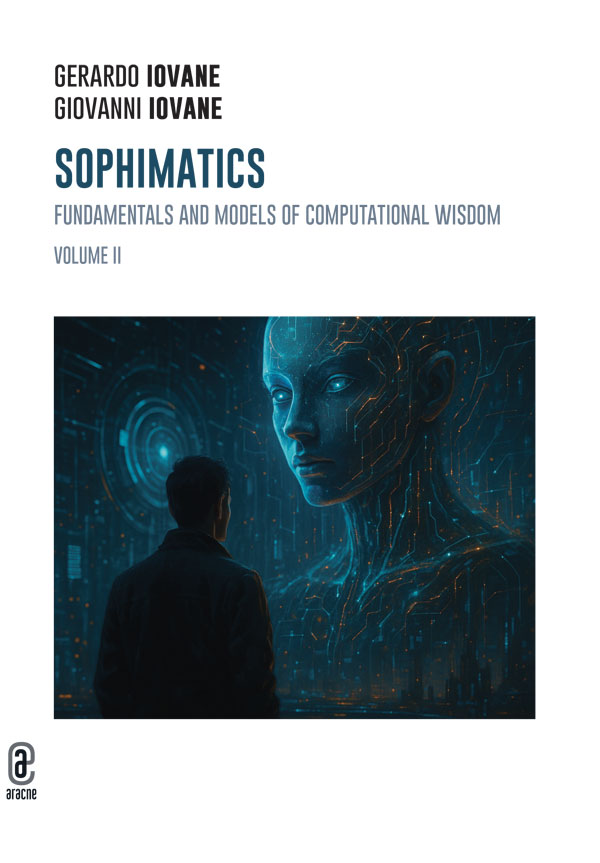In a world where artificial intelligence is dominated by powerful generative models, Sophimatics proposes a revolutionary change, going beyond pattern recognition towards true computational wisdom. This interdisciplinary field connects philosophy, logic and advanced computational architectures to incorporate meaning, context, temporality, intentionality and ethics at the heart of artificial intelligence systems. Drawing on a rich philosophical tradition from Aristotle to Husserl and contemporary insights from cognitive science and formal logic, this book presents a visionary framework for artificial intelligence that understands and reasons like a human being. It reveals the limitations of current artificial intelligence systems, such as large language models, which lack true understanding, causality and ethical reflection, and proposes new models capable of dynamic ontology, contextual interpretation and meaningful dialogue. Sophimatics explores how artificial intelligence can evolve its knowledge, handle ambiguity, and engage in reflective ethical decision-making.


